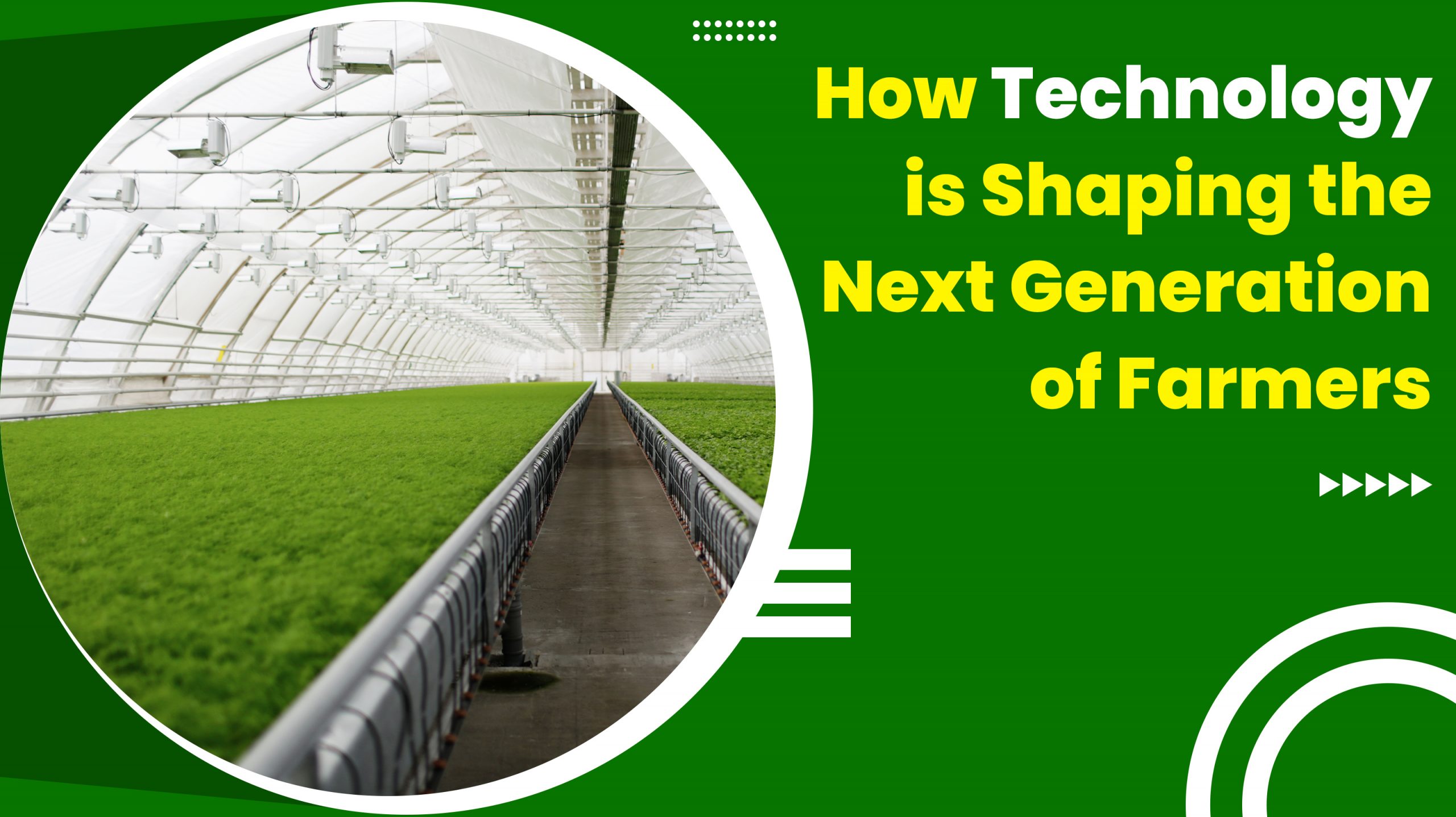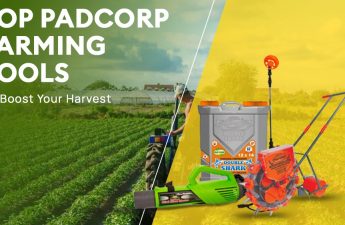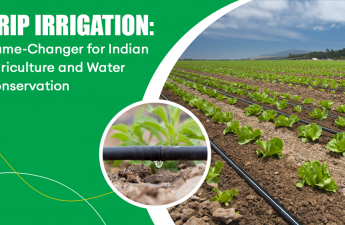In agriculture, technology has emerged as a transformative force. It transforms traditional farming practices and empowers the next generation of farmers. With a growing worldwide population, environmental concerns, and a requirement for sustainable food production, the role of technology in agriculture is increasing. Padgilwar Corporation, the leading manufacturer of agricultural products in India, assists farmers with several agricultural tools and equipment and updates farmers on the growing trends in agriculture. This blog will look at a few technological trends that are changing the face of farming.
Precision Agriculture
Precision agriculture, or smart farming, uses technology to improve the efficiency of agricultural processes. Farmers can now monitor and manage their crops more precisely than ever with GPS, sensors, drones, and advanced analytics. It enables focused interventions such as precise irrigation, fertilization, and pest control, resulting in increased yields, decreased resource waste, and a lower environmental impact.
Precision agriculture provides the next generation of farmers a route to long-term profitability. They can increase productivity while reducing inputs, assuring the long-term viability of their operations.
Internet of Things (IoT) and Sensor Technology
The development of IoT devices and sensor technology has transformed how farmers monitor and manage their fields. These devices may capture real-time data on soil moisture, temperature, humidity, crop health, and other metrics, giving farmers crucial insights into their operations.
The future generation of farmers will make data-driven decisions to enhance crop yields, cut costs, and limit risks by incorporating IoT and sensor technology into their farming methods. Whether altering irrigation schedules depending on soil moisture levels or detecting pest infestations early on, these technologies enable farmers to respond proactively to issues, eventually increasing output and profitability.
Robotics and Automation:
The introduction of robotics and automation has altered the labour-intensive nature of conventional agriculture. These technologies, from self-driving tractors to robotic harvesters, streamline repetitious chores and increase farm efficiency.
Robotics and automation can help the next generation of farmers overcome labour shortages and increase operational efficiency. Farmers who use robots for chores like planting, weeding, and harvesting can minimize their reliance on manual labour, enhance production, and achieve higher consistency and precision in their operations.
Vertical Farming and Indoor Agriculture
Vertical farming and indoor agriculture offer a paradigm shift in how we view food production. Farmers can maximize land utilization, preserve water, and reduce the need for pesticides and fertilizers by growing crops vertically stacked or in controlled indoor conditions.
Vertical farming and indoor agriculture provide exciting potential for the future generation of farmers to grow fresh produce all year, regardless of climate or location. Advancements in LED lighting, hydroponic systems, and environmental controls enable urban farming efforts and bring agriculture closer to urban customers.
Conclusion
As we look forward to the future of farming, it is evident that technology will continue to play a crucial role in influencing the agricultural environment. By embracing innovation and leveraging technology, the next generation of farmers will feed the world and create a more resilient and sustainable food system.
Padcorp has always been at the forefront in helping small farmers of India with cost-effective, durable and robust tools and equipment. We manufacture a wide range of agricultural products, such as different types of sprayers and their accessories, plant trimmers, seeding machines, etc. To buy agricultural products, connect with us.



